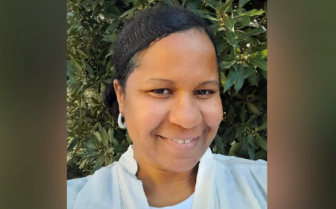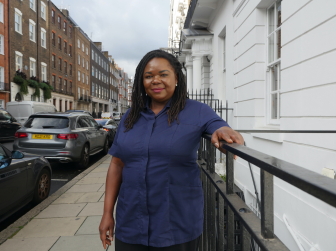Poor Countries Still Left Without Access to Affordable Drugs, Campaigners Say
Many poor people in developing countries are not getting access to numerous life-saving medicines five years after a trade declaration stating that rich countries should put patients before profits, campaigners said on Tuesday.
British-based anti-poverty charity Oxfam and AIDS groups said rich nations were taking little or no action toward meeting their obligations under the "Doha Declaration," leaving millions without affordable drugs.
The World Trade Organisation granted a special exemption in 2001 allowing countries to put public health ahead of patents within its Trade Related Aspects of Intellectual Property Rights (TRIPS) agreement.
But Oxfam said rich countries, particularly the United States, were bullying developing countries to impose stricter patent rules in order to preserve pharmaceutical monopolies.
Health activists say that access to cheap generic drugs is vital if poor countries are going to put up an effective fight against killer diseases such as AIDS and malaria.
"At the time, the Doha Declaration seemed like a great breakthrough for people in poor countries who urgently needed affordable treatment. Sadly, promising words have not translated into life-saving treatments," said Steve Cockburn, Stop AIDS campaign co-ordinator.
The clash over patents in the developing world has focused attention on a couple of high-profile cases including a dispute over the cancer drug Glivec, made by Switzerland's Novartis.
An Indian court in January rejected its patent application for Glivec, but Novartis is fighting back, arguing that the principle of intellectual property protection must be protected if innovation is to flourish.
The ruling has minimal commercial significance because 99 per cent of Indian patients are entitled to receive the drug free of charge under a Novartis compassionate use programme.









